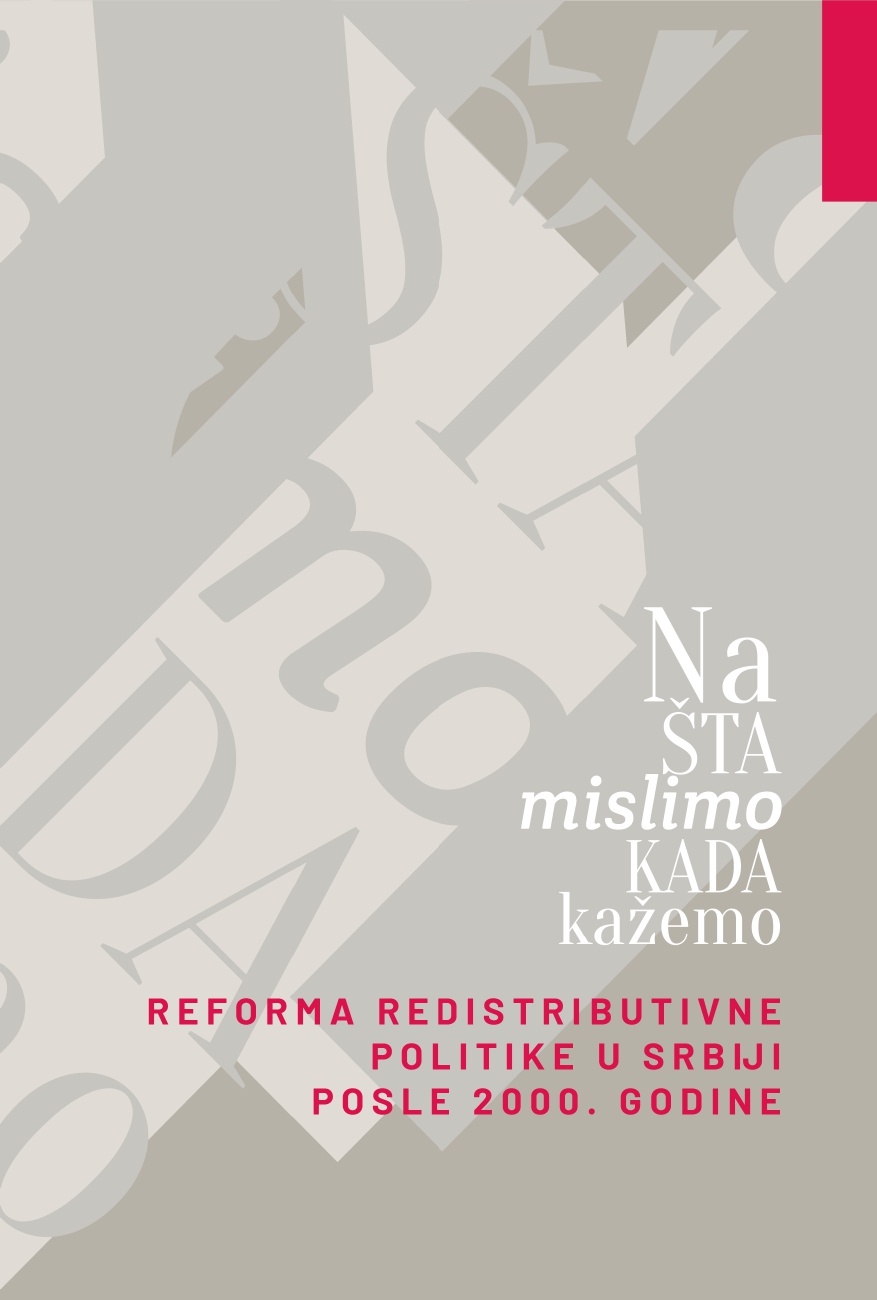
What We Mean when We Say … Reform of Redistributive Policy in Serbia after 2000
Author(s)/Editors Mihail Arandarenko, Dušan Pavlović Publisher Institute for Philosophy and Social Theory, University of Belgrade Institute for Democratic Engagement Southeast Europe, Belgrade Published 2022 ISBN 978-86-80484-97-6 Pages 23 Edition SquareThis publication analyzes the post-communist redistributive policy in Serbia after 2000. The authors argue that market fundamentalism (the principle that the market is the most effective solution to problems) has failed to deliver on what was promised in 1989. The research contains two novelties. First, the paper shows that newly adopted neoliberal redistributive policies combined with class and ethnic discrimination inherited from the communist era to create an idiosyncratic and strict welfare state in Serbia. Second, the theoretical approach combines public policy analysis with political philosophy, two social science disciplines that rarely interact. In this way, recommendations for redistribution policy are derived from a specific understanding of the principle of equal opportunities, developed by contemporary egalitarian theories of justice.
